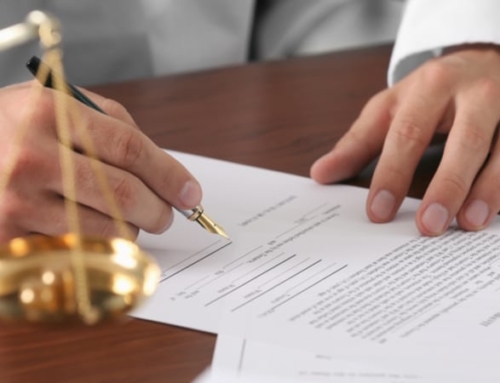Q: My grandfather, a lifelong resident of Florida, quitclaimed his house to me before he passed away a few months ago.
In 2006, he took out a second mortgage for $40,000 using the home as collateral. He did not have any insurance on the loan, so I was told by the issuing bank that I would have to continue to make the payments.
What are my responsibilities regarding the loan? I would like to try to maintain ownership of the home and use it as a rental property or as a second residence, as I will be moving out-of-state soon for employment reasons. Is this reasonable or should I think about selling?
I don’t currently own any other property. I have significant student loan debt but no credit card debt. I’m currently getting divorced and have a 4-year old child.
A: The home is now yours. Unless you want to lose the home to the lender, you will need to continue to make the monthly mortgage payments. If you can get a good price for the sale of the home in this market, you might want to consider selling the home.
If your situation is such that you might move into the home someday and can afford the mortgage, taxes, insurance and upkeep, then keeping the home might work out. Also, if the costs are low enough that it would be less to carry the property than rent another place in the area when you visit, then that’s an important consideration also.
If you can rent the property, and get enough cash to cover all of your expenses and more, you should consider keeping the property as an investment home. Just make sure you find quality tenants who will maintain the home and take good care of it.
But be prepared for the time you’ll spend managing the property from out of state. If you won’t be living within a few hours of the property, selling becomes a better idea.
After all, who will take care of making sure that everything is going well at the property? Who will go periodically by the home to make sure that the tenants have not destroyed the home? Who will take care of maintenance issues at the home when the tenants tell you that the roof is leaking or the house needs normal repairs?
Your pending divorce might also complicate the issue. If this property is considered part of the marital estate, you may have to sell it to give your soon-to-be-ex a share of the proceeds. Please consult with your divorce attorney on what you plan to do so that it doesn’t affect your divorce proceedings and settlement with your spouse.
Finally, since you did not inherit the home but received it as a gift from your grandfather, you might have a tax problem on your hands. When your grandfather quitclaimed the home to you, you took title to the home and accepted it as if you had purchased it for the price your grandfather paid for the home. If he owned it a long time and bought it for little and now it’s worth a lot, you may have federal income taxes to pay on the profit from the sale of the home.
If the home were to become your personal residence and you live in it for two years and then sell it, you might avoid having to pay any federal income taxes on the sale. You are allowed as a single person an exclusion from federal income taxes on the sale of your primary residence $250,000 of profit if you have lived in the home for two out of the prior five years.
But since you are moving out of state, you won’t be able to use it as your primary residence now. If you might be able to do so in the future, then renting it for awhile until you can move into it full time makes sense.
Please consult with a real estate attorney, in addition to your divorce attorney, who can help you sort through these issues and make a smart move.
Feb. 27, 2008.






Leave A Comment